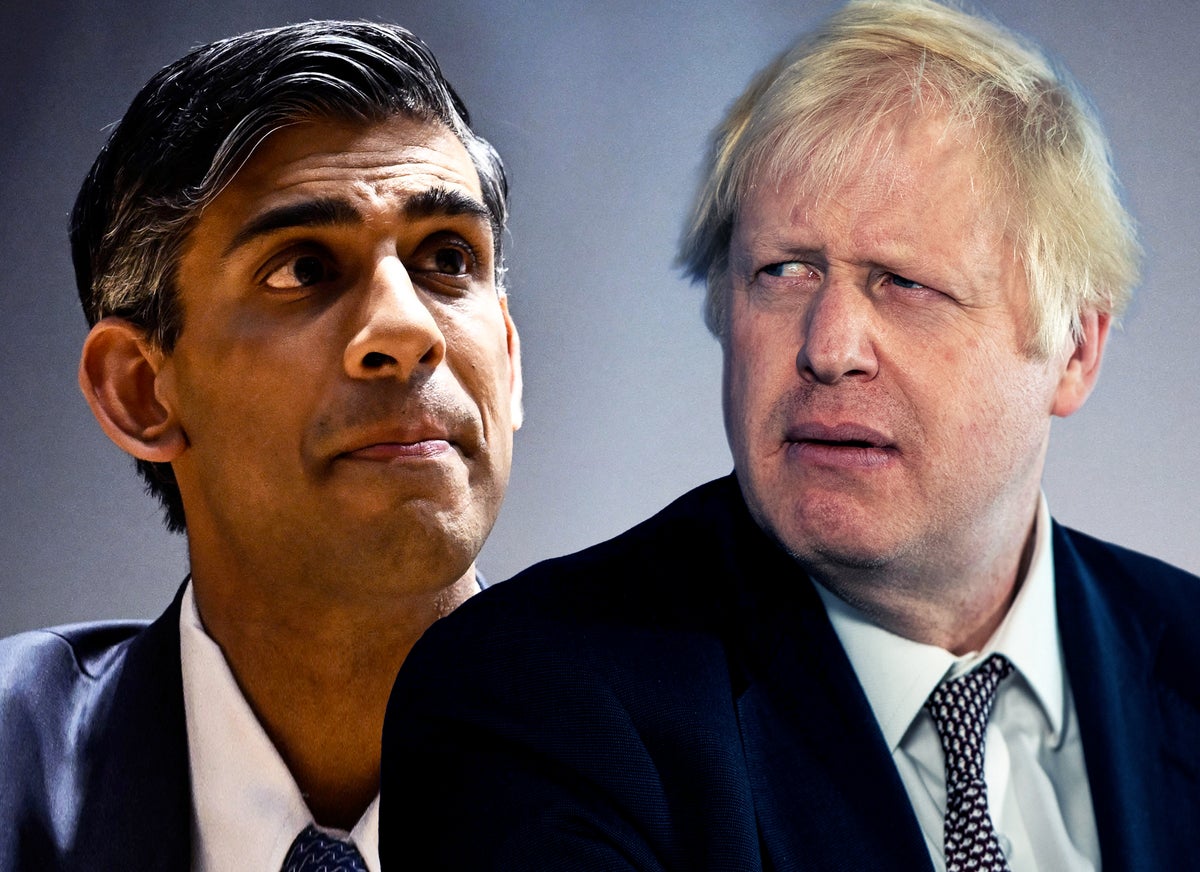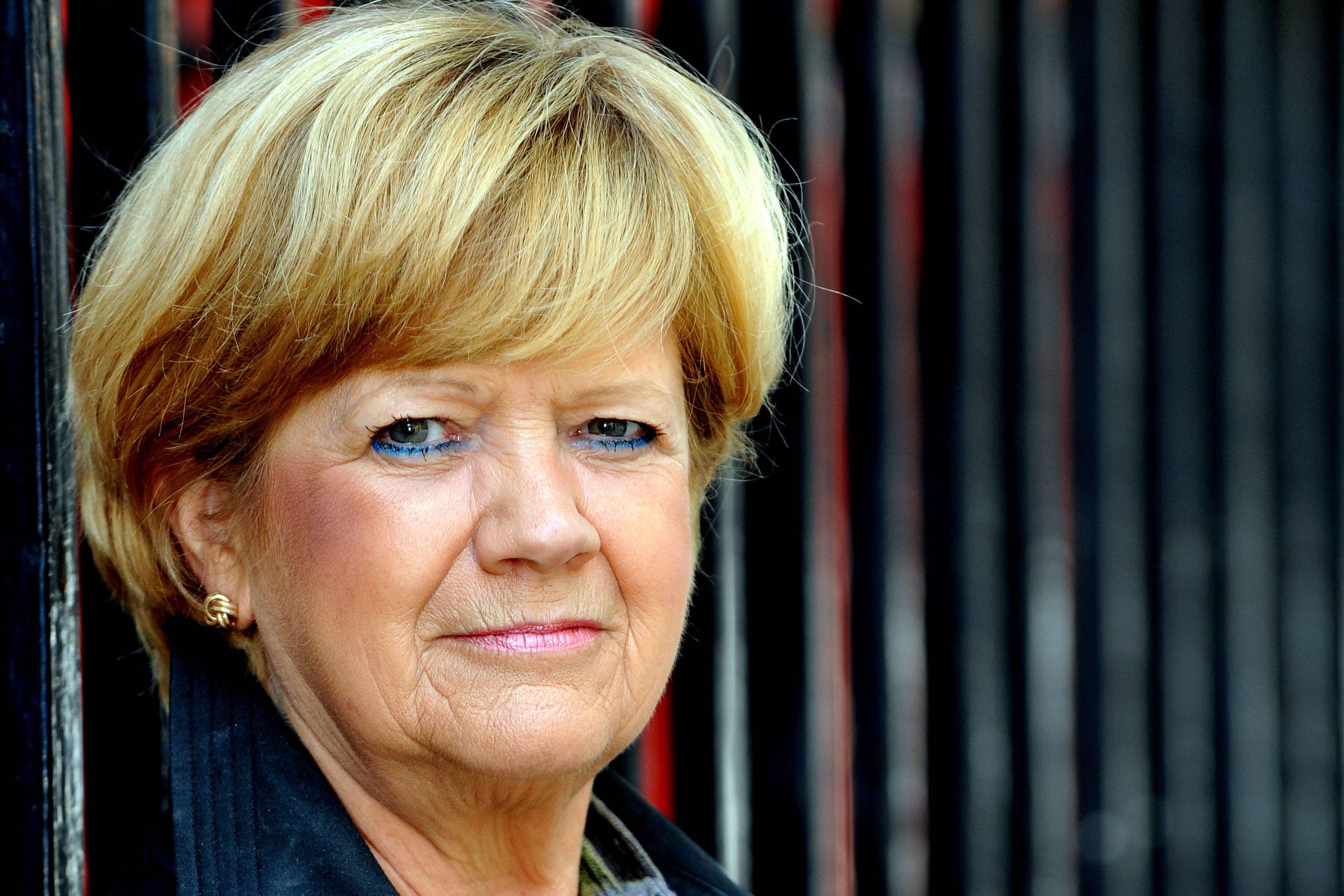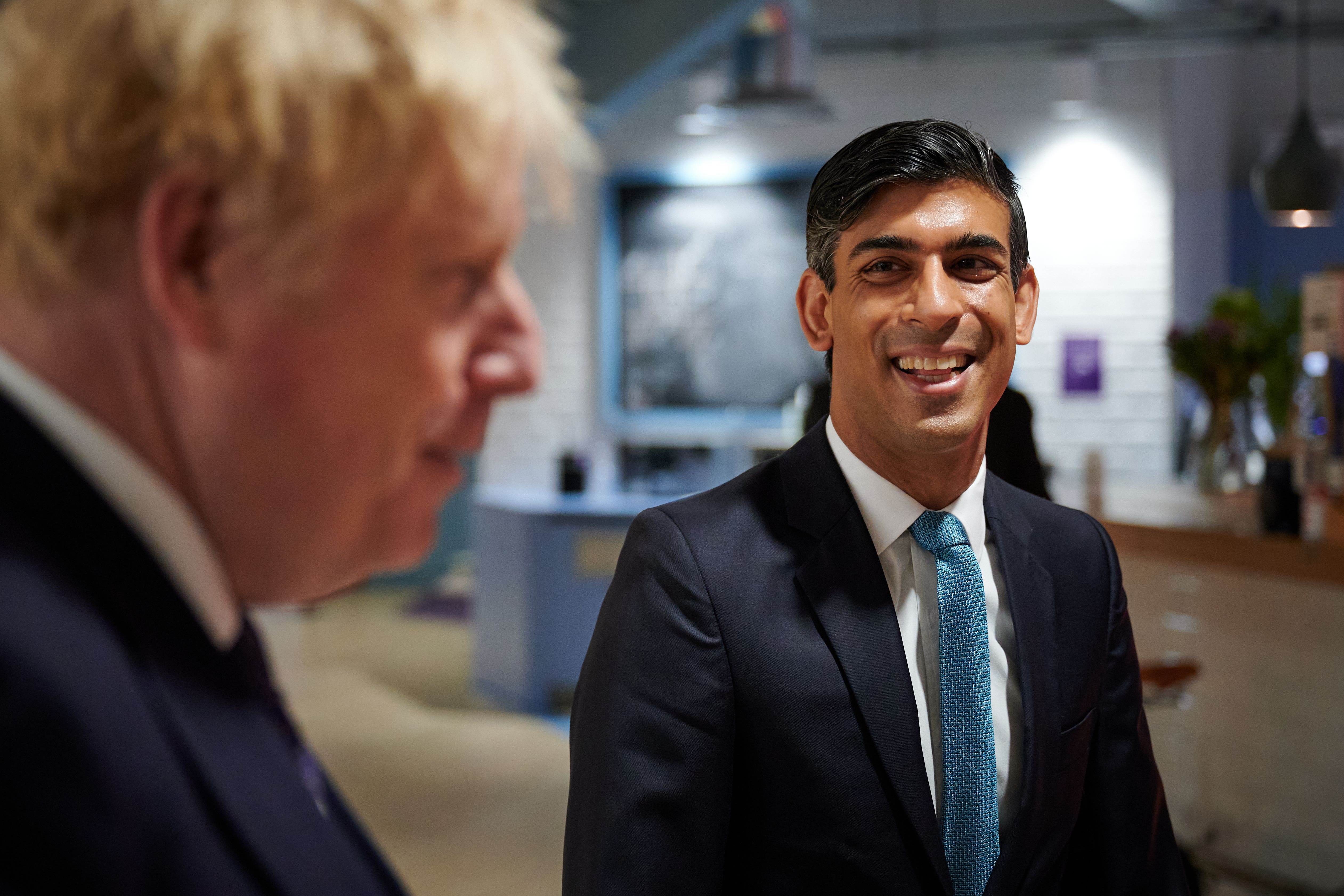
The head of the Covid inquiry has fired back at Rishi Sunak’s government over its decision to take legal action to block full access to Boris Johnson’s WhatsApp messages – insisting that only she has the power to decide what is relevant.
Baroness Hallett, the chair of the inquiry, responded for the first time to the government’s High Court challenge against her demand for the former PM’s unredacted messages and notebooks.
Refusing to back down in the extraordinary row, the crossbench peer said she believes “it is for the inquiry chair to decide what is relevant or potentially relevant”.
The argument over transparency widened on Tuesday, as the inquiry revealed that WhatsApp messages from senior Foreign Office figures had also been redacted. It also emerged that security experts will be asked to switch on Mr Johnson’s old phone in order that a search of material from 2020 can be carried out.
The Sunak government announced last week that it is taking its own Covid inquiry to court to avoid having to disclose material it considers “unambiguously irrelevant”. The decision has prompted accusations of a “cowardly cover-up”. One of Mr Sunak’s own ministers has conceded that the judicial review is likely to fail.
In a further layer of chaos, Mr Johnson bypassed Mr Sunak and handed over some of the unredacted WhatsApp messages to Lady Hallett’s team.
“As has been widely reported in the media, an issue has arisen between the inquiry and the Cabinet Office as to who decides what is relevant or potentially relevant,” said Lady Hallett at a hearing on Tuesday.
She continued: “I issued a notice under Section 21 of the Inquiries Act 2005 – making it clear that, in my view, it is for the inquiry chair to decide what is relevant or potentially relevant.”
On the request by the Cabinet Office that she withdraw the request for the Johnson material, Lady Hallett said: “I declined, and they are now challenging my decision to decline to withdraw the notice in the High Court, by way of judicial review.”
Hugo Keith KC – the counsel for the inquiry – revealed that Lady Hallett’s team would soon begin inspecting “unredacted” WhatsApps received direct from Mr Johnson in order to check them against the content provided by the government.
The lawyer said the inquiry team is “seeking to inspect” Mr Johnson’s unredacted WhatsApp messages dating from May 2021 next week, after the former prime minister submitted them to the inquiry himself.

The inquiry has also asked the Cabinet Office to switch on Mr Johnson’s old phone – which contains his Covid-era conversations from 2020 – saying it is up to the “appropriate personnel in government” to make sure that its contents can be downloaded.
Mr Johnson changed phones in May 2021 after it emerged that his mobile number had been publicly available online for 15 years. The inquiry has asked the Cabinet Office to make sure that if the old phone is switched on, “there will be no redactions made”.
It has also requested that the government return Mr Johnson’s notebooks to him by 12 June in order that a similar inspection process, to “compare them to the redacted copies already provided by the Cabinet Office”, can begin.
Mr Keith said witness statements had been requested from a wide range of political figures – including Mr Sunak, former PM Liz Truss, former deputy PM Dominic Raab, former health secretary Matt Hancock, and former first minister for Scotland, Nicola Sturgeon.
The inquiry lawyer also revealed that the Foreign, Commonwealth and Development Office had joined the Cabinet Office in redacting some of the material it provided – but he praised the Department of Health and Social Care for making a “much fuller disclosure”.

Mr Keith also expressed frustration with a delay in gaining access to shared government material stored on Google Spaces, calling it “regrettable”.
He said Google Spaces had been a “forum for key individuals to communicate during the response to the pandemic” and that it was agreed with the Cabinet Office that the application could hold evidence relevant to the inquiry.
The government has insisted it will hand over what is relevant and potentially relevant – but has said the inquiry was asking for information deemed to be “clearly and unambiguously irrelevant”.
Besides being at odds with Mr Johnson, the government is also under fire from senior Conservative MPs, who complained in the Commons on Monday that the refusal to hand over messages was based on “spurious nonsense”.
Veteran Tory MP Sir Edward Leigh said ministers should “let everything hang out”, adding: “Let them have what they want and let’s get to the truth.”
Former justice secretary Robert Buckland said the High Court was likely to rule in favour of the inquiry. “Doesn’t it beg this question, the old wartime adage: is your journey really necessary?” Fellow Tory William Wragg said it is for Lady Hallett to “determine” what is relevant to her inquiry.
Cabinet Office minister Jeremy Quin said the judicial review was being “expedited” and that it would likely be heard “on or shortly after” 30 June.
Mr Quin hinted at the possibility of mediation to try to end the argument, telling MPs that it would be “welcome” if the two sides could find a way to resolve the issue without going to the High Court.
Science minister George Freeman has admitted that the government is likely to lose its legal challenge, but claimed it was still “a point worth testing”.
Others have concurred with this view, including the government’s former legal chief Sir Jonathan Jones, who said that the inquiry is likely to win the High Court case on the basis that public inquiries have wide-ranging powers to demand evidence.







